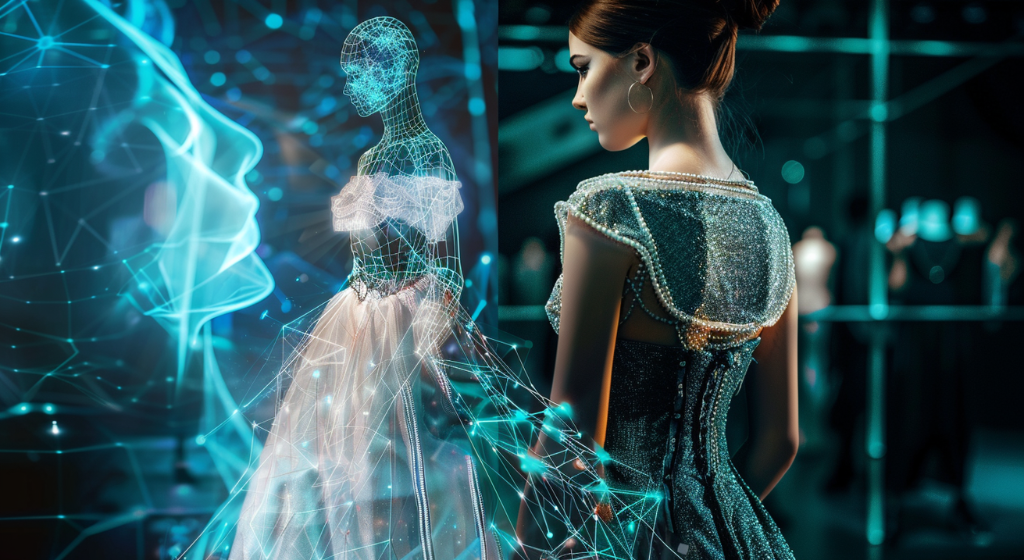
The fashion industry spans from small businesses to global chains, including haute couture, ready-to-wear, mass market, and fast fashion; each brand must determine how AI can enhance their business without compromising their brand identity. (Source: Image by RR)
How Generative AI and Cutting-Edge Tech Are Shaping the Future of Style
The fashion industry is dynamic and fast-paced, with most apparel brands producing two to four collections per year, while fast fashion companies introduce new lines even more frequently, reducing the time needed to design, produce, and market new items. Brands plan at least a year in advance, identifying market trends and materials, and typically have a three-month selling window, with unsold inventories representing a financial loss. The industry has also embraced technological innovations such as laser cutting, computer-aided design, and 3D printing, as well as experimenting with basic AI and other advanced technologies, as seen in collaborations like Gucci’s virtual world platform on Roblox and Dolce & Gabbana’s NFT collections.
As noted in theconversation.com, fashion companies are increasingly utilizing advanced technologies like blockchain for product authentication and traceability, and augmented reality to create immersive customer experiences. Investments in technology by fashion companies accounted for 1.6 to 1.8 percent of their revenues in 2021, with expectations to rise to 3 to 3.5 percent by 2030. Generative AI, in particular, could significantly impact the industry, potentially adding between $150 and $250 billion to operating profits within three to five years. AI can streamline processes, bring products to market faster, enhance sales efficiency, and improve customer experiences by analyzing large datasets from social media and runway shows to identify emerging trends.
AI is also driving sustainability in fashion by optimizing resource use, recycling materials, and reducing waste through precise manufacturing processes and efficient supply chain management. Brands like H&M use AI to improve recycling processes and promote a circular fashion economy, while Zara and H&M utilize AI for inventory management, reducing overstock and stock-outs. AI-powered virtual try-ons, already used by companies like Warby Parker and Amazon, enhance online shopping experiences and reduce return rates. Modiface, acquired by L’Oréal, offers AR-based virtual try-ons for makeup and fashion accessories, further illustrating the integration of AI in fashion retail.
AI presents challenges related to intellectual property, creative rights, and brand reputation. Generative AI models, trained on vast design datasets that often include copyrighted works, can lead to legal disputes over originality and ownership. There is also a risk of bias and fairness issues, potentially harming brand reputations. The ambiguity surrounding creative rights in the age of AI poses additional concerns, as it is challenging to determine who holds the creative rights to a design—the designer, the developer, or the AI itself. This ambiguity can dilute a brand’s authenticity and innovation if consumers perceive it as less genuine. Therefore, while AI offers significant benefits, fashion companies must manage these risks carefully to protect their brand identity and creative integrity.
read more at theconversation.com

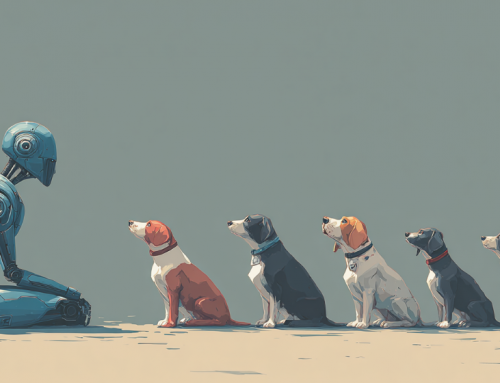
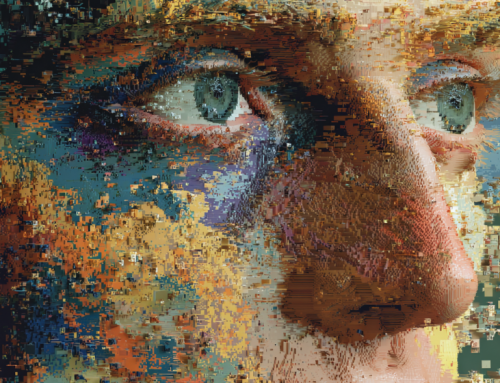
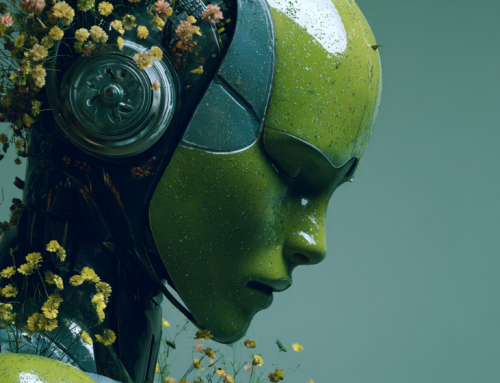
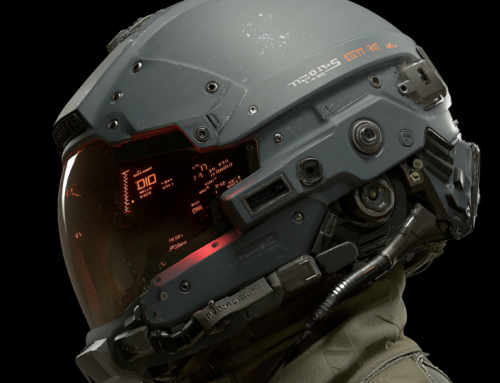
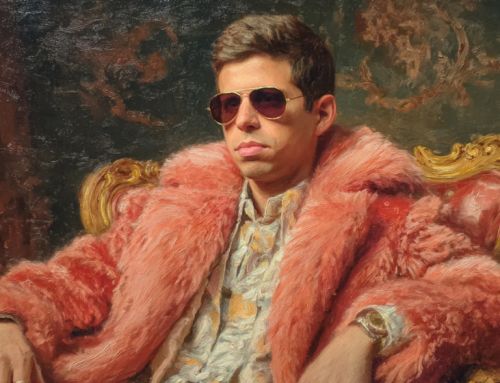

Leave A Comment